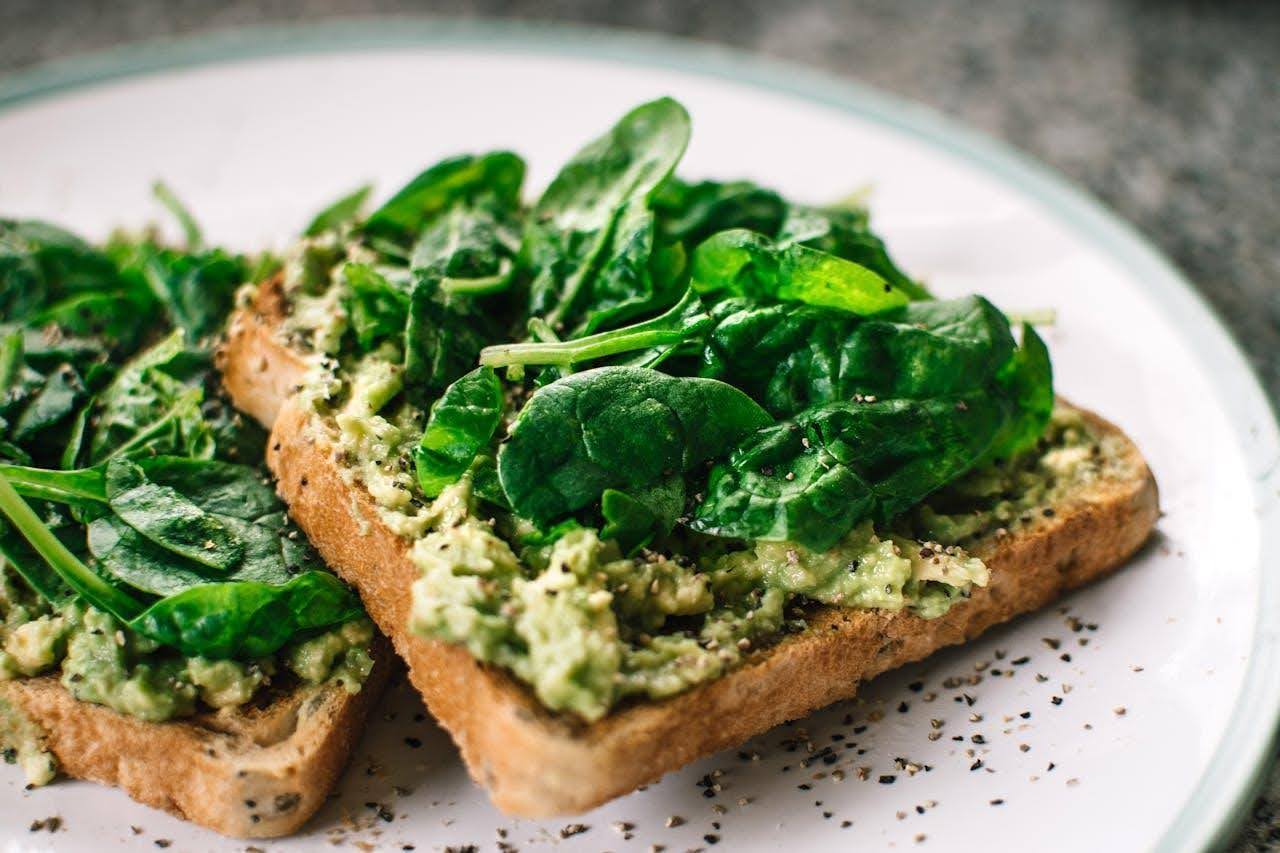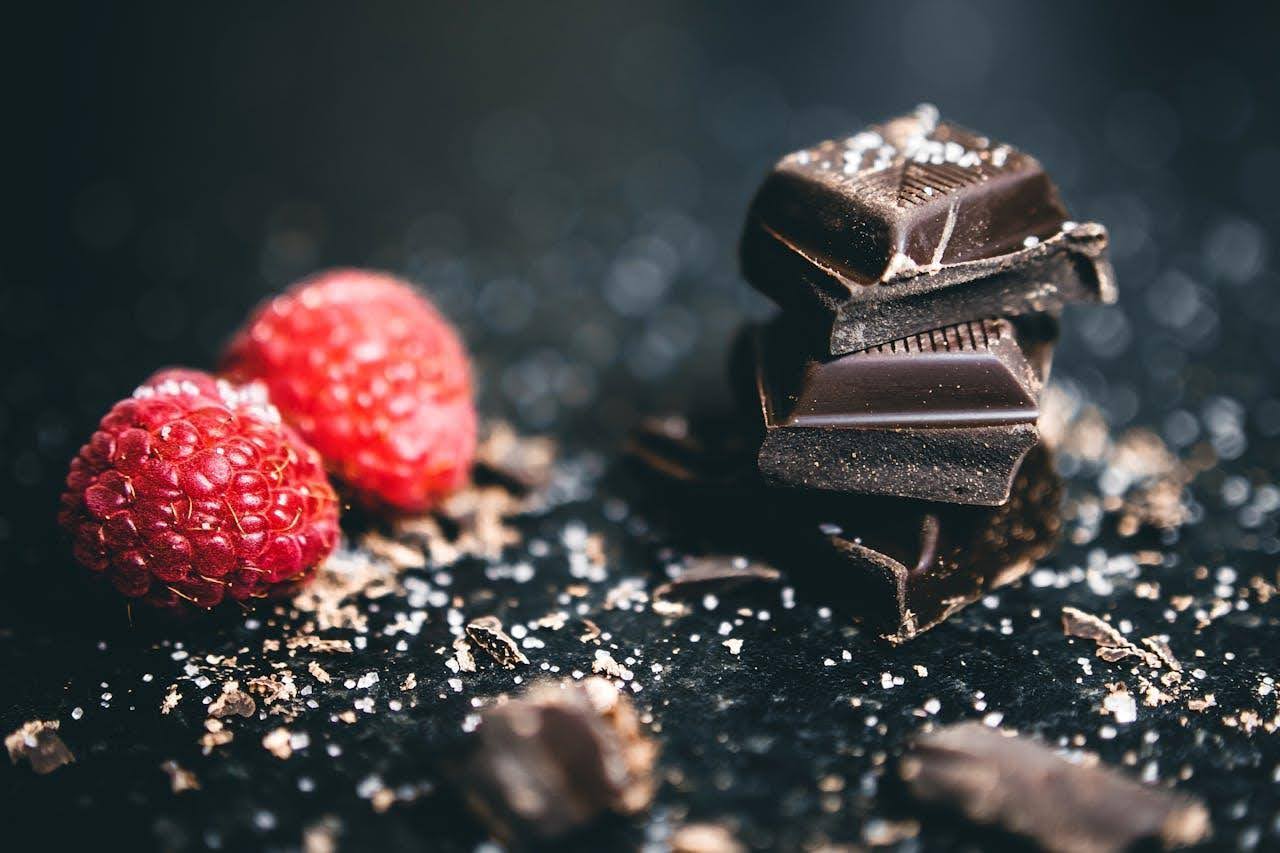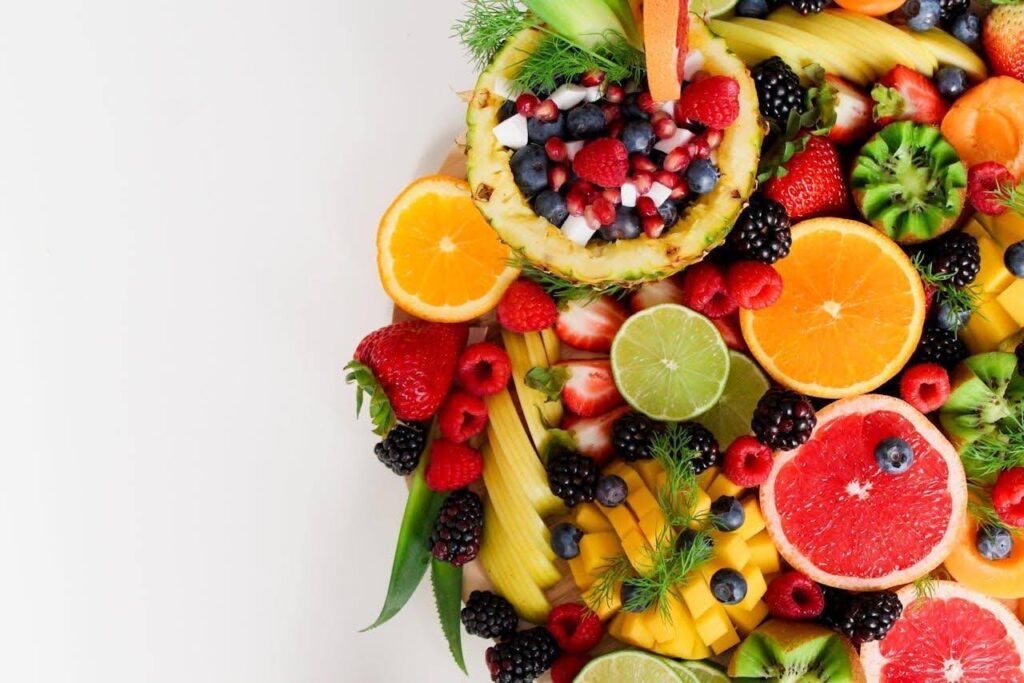Recovery from addiction is not just about breaking free from harmful habits; it’s also about rebuilding the body and mind from the inside out. Long-term substance use can take a heavy toll on health, depleting nutrients, damaging cells, and leaving the body vulnerable to stress and inflammation. One way to support the healing process is by leaning on foods rich in antioxidants. These powerhouse nutrients help repair oxidative damage, strengthen the immune system, and promote overall balance. While no single food is a cure-all, incorporating a variety of antioxidant-rich options can give the body the tools it needs to repair itself. Below are some of the best antioxidant superfoods to restore balance after addiction.
Why Antioxidants Matter in Recovery
Substance use often causes oxidative stress, a process where unstable molecules called free radicals damage cells. This can weaken the immune system, accelerate aging, and contribute to chronic health issues. Antioxidants work by neutralizing free radicals, reducing inflammation, and supporting cellular repair.
For someone in recovery, healthy eating plays a crucial role. Antioxidants don’t just offer physical benefits. They also play a role in supporting mental health. Certain healthy foods help regulate mood, improve sleep, and stabilize energy levels, which can all make the recovery journey more sustainable. Nutrition is just one piece of the recovery puzzle, though. While antioxidants strengthen the body and mind, recovery also calls for emotional support and healthy coping strategies. This is where lifestyle habits, resilience, and self-compassion come in.
Steps to Healing
While nourishing the body with antioxidant-rich foods supports healing, recovery is about more than just nutrition. The journey often includes emotional hurdles, and relapse can be one of them. It may occur unexpectedly, triggered by stress, memories, or even moments of celebration, and it can feel discouraging. But it’s important to remember that relapse is not a failure. Instead, it can be part of the process, a signal to adjust coping strategies and strengthen support systems.
Coping with relapse involves practicing self-compassion, reaching out for help, and returning to the routines that reinforce balance, like healthy eating, exercise, and community support. Just as antioxidants help the body repair from oxidative stress, resilience in recovery means giving yourself the space and tools to heal after setbacks.
Antioxidant-rich foods for recovery
Once emotional health and coping strategies are addressed, building meals around nutrient-dense foods helps create lasting balance. Antioxidant-rich foods stand out because they repair cell damage, reduce inflammation, and provide steady energy. They also support mental clarity and help regulate mood—two areas that are often challenged during recovery. The following superfoods are not only easy to include in daily meals but also offer powerful benefits for both physical and emotional well-being.
1. Blueberries
Blueberries are often at the top of any superfood list for good reason, way ahead of all the other fruits and vegetables. They’re packed with anthocyanins, a type of antioxidant that reduces inflammation and supports brain health. Studies suggest that blueberries may help with memory and cognitive function, which can be especially valuable for people healing from the cognitive fog that sometimes lingers after addiction.
You can easily include them in your diet. For instance, add them to a morning smoothie or sprinkle them over oatmeal or yogurt. Or, if you like eating them by themselves, one cup of wild blueberries will provide you with 10 times the antioxidants the USDA recommends.
2. Spinach and Leafy Greens
Leafy greens like spinach, kale, and Swiss chard are rich in vitamins A, C, and K, as well as minerals such as magnesium and iron. They contain lutein and beta-carotene, antioxidants that help protect the body from oxidative stress. Greens also support liver health, which is crucial for detoxification and recovery.
Enjoy spinach and other leafy greens by tossing them into a salad or stir-fry. Alternatively, blend into smoothies for an extra nutrient boost. If you must steam them, do it lightly so as to preserve their nutritional value.

3. Green Tea
Green tea is another on our list of antioxidant superfoods to restore balance after addiction. It’s gentle but contains catechins like EGCG (epigallocatechin gallate). These compounds have been shown to support cardiovascular health, aid in detoxification, and even improve mood. Unlike coffee, green tea provides a calm, steady energy boost without jitters, making it a good choice for those working to stabilize their system.
The best way to enjoy green tea is in a warm cup in the morning or afternoon. Moreover, you can also try matcha, a powdered form of green tea, for a concentrated dose. Or, you could use cooled green tea as a base for smoothies.
4. Citrus Fruits
Oranges, grapefruits, lemons, and limes are loaded with vitamin C, one of the most well-known antioxidants. Vitamin C supports immune function, promotes collagen production for skin and tissue repair, and helps the body absorb iron from plant-based foods. For individuals in recovery, vitamin C also plays a role in reducing fatigue and improving overall vitality.
So, start the day with fresh-squeezed lemon water or snack on orange slices for an afternoon pick-me-up. Alternatively, to enjoy citrus in a different, more subtle way, add lime juice to salads, tacos, or grilled vegetables.
5. Nuts and Seeds
Almonds, walnuts, chia seeds, and flaxseeds are rich in vitamin E, another potent antioxidant that protects cell membranes from damage. They’re also packed with healthy fats and protein, which help stabilize blood sugar and keep energy levels steady. This is especially beneficial for people in recovery, as sugar cravings and energy crashes can be common.
To get your daily dose of nuts, mix them into oatmeal or yogurt. Or, for a simpler way to consume them, snack on a small handful throughout the day.
6. Dark Chocolate (in Moderation)
Good news for chocolate lovers: dark chocolate is loaded with flavonoids, a type of antioxidant that supports heart health and improves circulation. Choose chocolate with at least 70% cocoa content to maximize benefits and avoid excess sugar. To reap its benefits, eat a square or two every day after dinner or melt and drizzle it over fruit.

Creating a Recovery-Friendly Diet
Incorporating these superfoods isn’t about rigid rules or perfection. Recovery is already demanding, and food should feel supportive, not stressful. The goal is to create a balanced, colorful diet of healthy, nutrition-packed meals that provides a steady stream of antioxidants, vitamins, and minerals.
Final Thoughts
Restoring balance after addiction takes time, patience, and a commitment to self-care. While you can’t erase the past, you can use antioxidant superfoods to restore balance after addiction, help rebuild the body, and encourage resilience for the future. Every small step, whether it’s swapping processed snacks for fresh berries or adding spinach to your lunch, contributes to long-term healing. By filling the plate with nutrient-dense, antioxidant-rich foods, recovery can become not just about avoiding what harms, but about embracing what heals.
